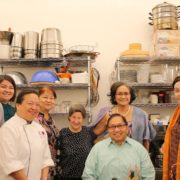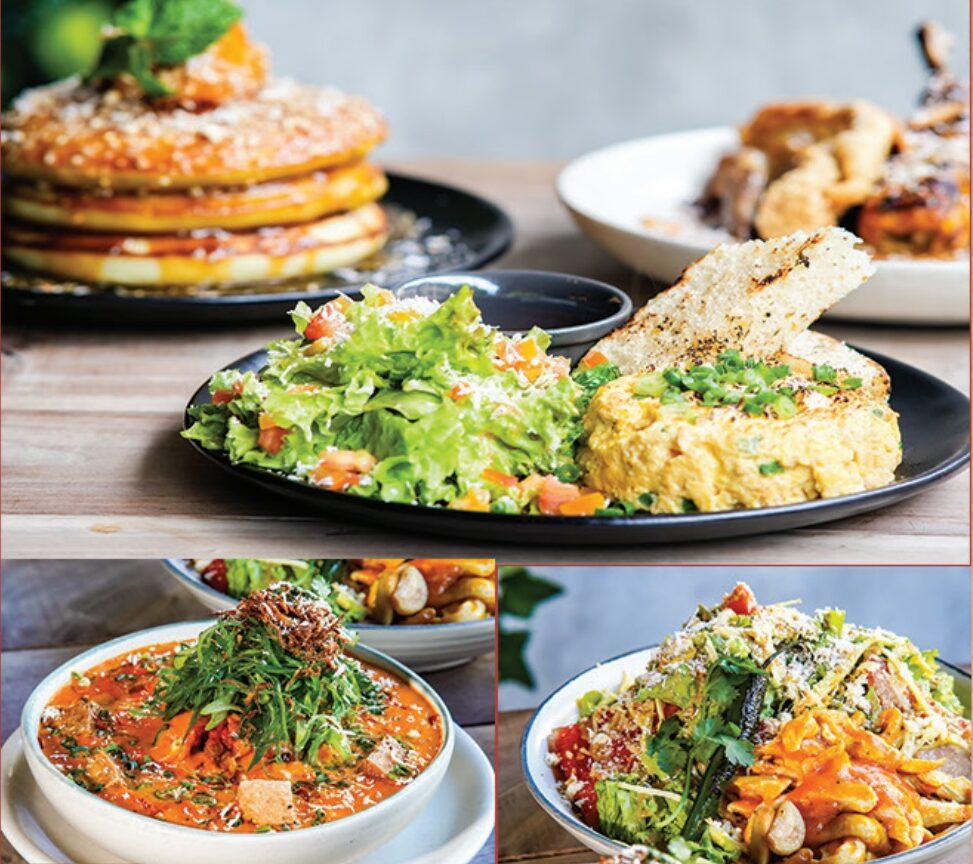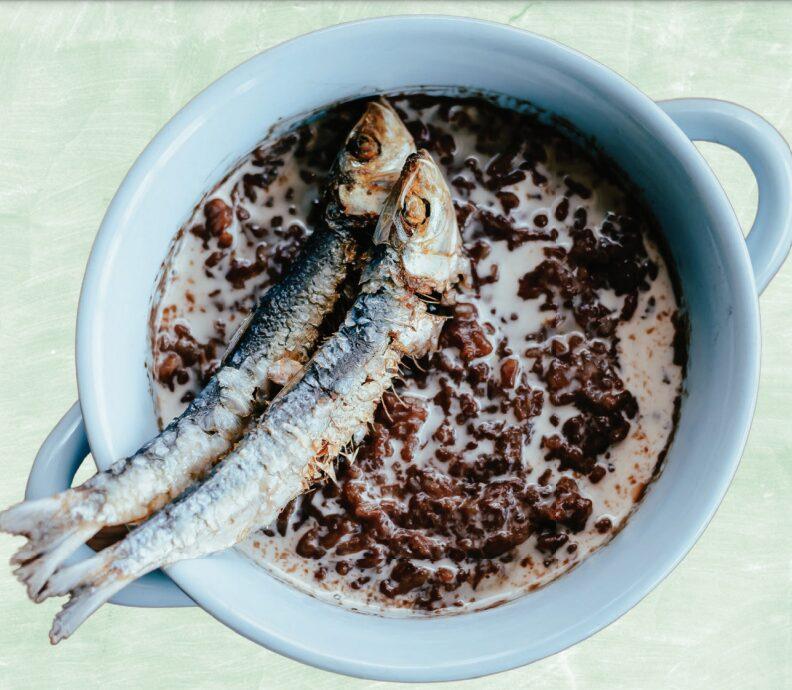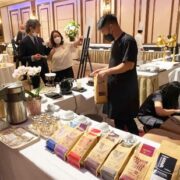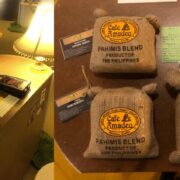Although appreciated for its fine flavor, the laborious tradition in which sukang tuba is produced seems to be disregarded by many. To gather this pure, sweet and nutritious fluid, called tuba or coconut floral sap, farmers climb up the top of the oldest and tallest coconut trees twice a day to snip the stem and catch the slow drip in their vessel. The collected fluid is then fermented and made into natural vinegar.
Chef Cecilia De Castro, owner of the Academy of Culinary Education (ACE) in Woodland Hills, curated a special brunch for the Filipino community, attended by local US media, representatives of the Philippine Consulate, and students of culinary arts. The brunch featured Mama Sita’s Sukang Tuba used in various ways—for stewing pork adobo, as dipping sauce for barbecue, ukoy (shrimp fritters), and lumpia (fried spring rolls), and dressing for salads. The culinary presentation was executed for Celebrity Chef Jet Tila and veteran food writers Barbara Hansen and Faye Levy.
Meanwhile, in another intimate gathering, Chef de Castro prepared international dishes, using Mama Sita’s sauces, and featuring Sukang Tuba once again, but this time, for millennials who admitted to love the food and unabashedly went for seconds and thirds.


